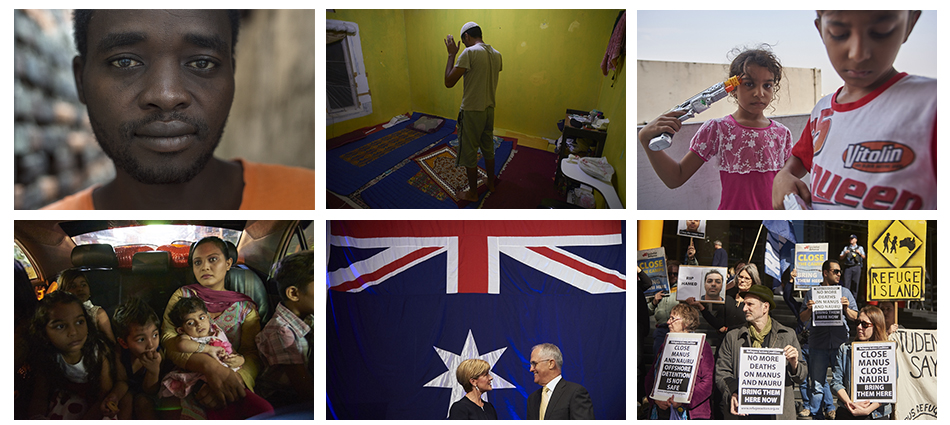Aaron Bunch Journalist with Australian Associated Press | Collection of published work | + 61 484 008 119 | abunch@aap.com.au

Remoteness a factor in Kumanjayi’s death
A military surgeon has told Constable Zachary Rolfe’s murder trial that Kumanjayi Walker was as good as dead the moment the policeman pulled the trigger.
February 21, 2022
Kumanjayi Walker was as good as dead the moment the policeman accused of his murder pulled the trigger, a military surgeon has told a jury.
Constable Zachary Rolfe shot the Aboriginal teenager three times during a failed arrest attempt in Yuendumu, 290km northwest of Alice Springs, on November 9, 2019.
The 19-year-old died on the floor of the local police station 74 minutes after the second fatal shot “reached the end of its wound path”.
Expert witness Michael Reade told the Northern Territory Supreme Court this was always going to be the case due to the remote location and the absence of trained medical staff.
“It had done such a degree of internal damage to the major organs and in particular the lung that it would have required, initially, advanced resuscitation techniques that (the police) were not capable of applying,” he said on Monday.
“Secondly, access to what we term damage control surgery. The closest available place was Alice Springs.
“That was too far away.”
Rolfe’s second bullet fired at 7.22pm ripped through the teen’s spleen, liver, left kidney and right lung as it tracked from one side of his body to the other.
An autopsy found Mr Walker died at 8.36pm from blood loss and breathing difficulties caused by a collapsed lung.
Dr Reade watched police body-worn camera footage of the efforts to save Mr Walker’s life and said the officers giving first aid did all they could.
“Alarmed” medical staff had fled the community of about 800 over safety concerns earlier in the day after their homes were broken into the night before.
Dr Reade said he was uncertain if the clinic’s nurses could have kept Mr Walker alive long enough for him to be moved to Alice Springs had they stayed.
But he said the teen’s chances of surviving would have been “extremely high” if the shooting had occurred in a large city where advanced paramedic care and immediate access to damage control surgery were available.
“I would be very surprised had he succumbed to those injuries. I estimated his chance of death would have been only around one per cent,” Dr Reade said.
Prosecutors say Rolfe went “too far” when he fired the second and third shots because the teen was “effectively restrained” on the ground by another officer when he pulled the trigger.
The constable has pleaded not guilty, saying he was doing his job and defending himself from a violent offender who had stabbed him in the shoulder with a pair of scissors.
Combat surgeon Keith Towsey has previously said the constable’s first shot into Mr Walker’s back was unlikely to have stopped the teen being able to use his right arm.
Mr Walker was holding the scissors he stabbed Rolfe with in his right hand.
“It has not struck any major organs to cause a major haemorrhage,” he said.
“It has not affected the major muscle groups that provide power to the shoulder and it has not affected any of the nerve supply to the right shoulder.
“Anatomically, I cannot see how the missile track A1 would have affected his ability to use his right arm.”
Prosecutors have conceded the first shot, which was fired while Mr Walker was standing and resisting arrest, was justified.
The jury has heard evidence that he continued to wrestle with another constable after the shot was fired.
The trial continues on Tuesday.